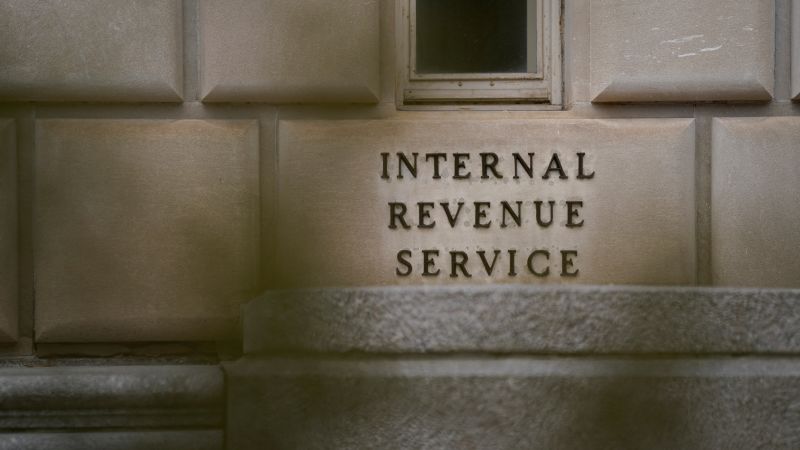In a significant move described by multiple sources, the Internal Revenue Service (IRS) has commenced sharing sensitive taxpayer data with immigration authorities, particularly the Department of Homeland Security (DHS), who are on the lookout for undocumented migrants. This action reflects a broader strategy initiated by the Trump Administration to reinforce deportation efforts, especially against individuals already facing deportation orders or under federal criminal investigation. A formal agreement between the Treasury Department and DHS was ratified in April, enabling such data exchanges for immigration enforcement purposes.
Notably, the IRS has previously shared taxpayer information under specific circumstances permissible by privacy laws. However, this marks an unprecedented scale of data sharing specifically aimed at immigration enforcement, raising significant privacy concerns. The type of data shared includes personally identifiable information, such as names, addresses, and tax records of individuals suspected of being undocumented immigrants, enabling DHS to ascertain the locations of those facing removal orders or involved in criminal investigations.
The recent data-sharing initiative appears to have been accelerated by pressure from the Trump administration. This follows several months of contentious discussions within the IRS regarding the legal implications of such collaboration. These discussions precipitated considerable internal turmoil, resulting in the resignation or anticipated departure of various senior IRS officials, highlighting the tumultuous nature of the agency in recent months.
Furthermore, the timing of this data-sharing initiative is intriguing, particularly as President Trump is reported to be replacing IRS Commissioner Billy Long. Internal dynamics within the government also played a crucial role, as it has been reported that Immigration and Customs Enforcement (ICE) requested personal data on approximately 1.23 million individuals suspected of illegal residency. However, due to discrepancies in the data submitted to the IRS, only a minuscule portion—less than 5% of the total—was successfully matched and shared. This outcome was less than satisfactory for the government, triggering complaints from the White House regarding the low number of records provided.
In a public statement addressing the situation, a White House spokesperson emphasized that the administration is united in implementing President Trump’s directives to curb waste, fraud, and the illegal use of taxpayer benefits, despite conflicting narratives circulating in the media. The spokesperson aimed to dispel what they termed as “fake news,” asserting that every branch of the administration is aligned with the goal of immigration enforcement.
Moreover, there has been substantial bureaucratic tension surrounding this issue. In April, reports indicated that DHS officials expressed a pressing need for IRS data to help locate an astonishing 7 million suspected undocumented immigrants—a number that reportedly shocked officials within the IRS. It’s important to note that many undocumented immigrants do engage with the IRS, paying billions in taxes annually, often hoping this compliance will present them as law-abiding residents and may assist in their immigration proceedings.
While the IRS adheres to stringent privacy laws outlining when it can share taxpayer information with law enforcement, the recent developments raise questions concerning whether DHS has satisfactorily justified to the IRS that all individuals targeted for data retrieval are indeed under investigation for non-tax-related criminal activities. Critics within legal circles argue that this new agreement compromises the IRS’s commitment to safeguard taxpayer information from unauthorized disclosure. They fear that this could lead to a slippery slope, enabling law enforcement access to confidential taxpayer information without the necessary judicial oversight usually mandated for such actions.
Overall, the unfolding scenario depicts a tense intersection of immigration enforcement and taxpayer privacy, reflecting broader political agendas while simultaneously stirring significant debate around civil liberties and ethics in federal data-sharing practices. The potential ramifications of these actions will likely reverberate throughout different levels of government and society at large as the implications for undocumented immigrants, taxpayers, and law enforcement continue to evolve.











